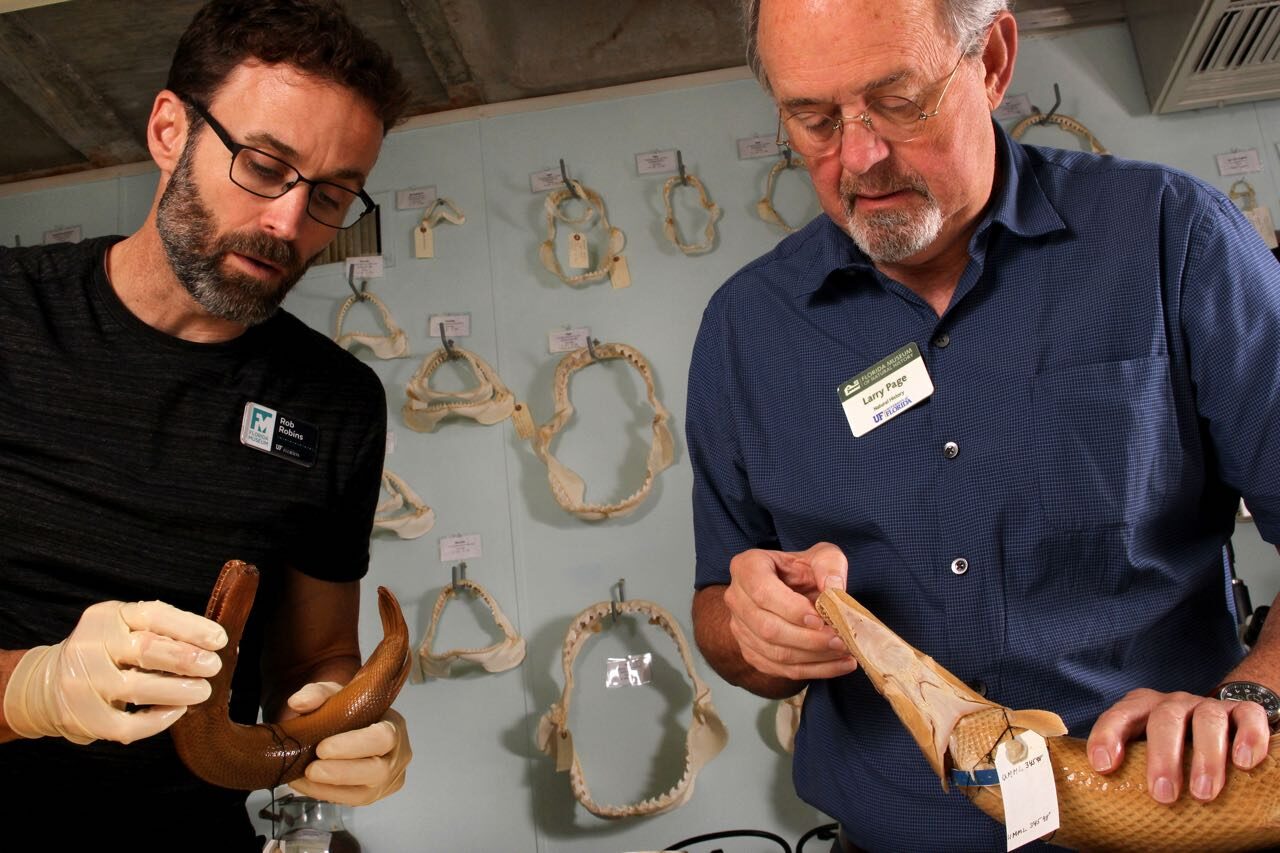Lawmakers have avoided a government shutdown with passage of a Continuing Resolution for fiscal year (FY) 2013. The legislation, H.R. 933, will fund the federal government for the remainder of the fiscal year, which ends on 30 September 2013. The House and Senate have passed the bill with bipartisan support, and it has been sent to President Obama for his signature.
Since the legislation maintains the $85 billion sequestration cuts, the net impact for most federal agencies is a budget decrease.
Although the original House bill only granted fiscal flexibility to defense programs, the Senate amended the legislation to provide more flexibility to the Departments of Agriculture, Commerce, Homeland Security, and Justice, among other agencies.
A few science agencies were among the entities granted budget increases under a Senate-adopted amendment to the legislation. Although these are increases relative to FY 2012, after the effects of sequestration, these agencies will receive a budget cut.
The Senate gave an additional $221 million to the National Science Foundation (NSF); accounting for sequestration, the agency will be cut by about two percent relative to FY 2012.
The increase for NSF was largely due to the efforts of Appropriations Chairwoman Barbara Mikulski (D-MD). Her figure for NSF’s research account was $50 million higher than an earlier Senate mark and $100 million more than the House number. NSF’s education directorate was marked for an additional $20 million more than the President’s budget request.
The National Institutes of Health received an extra $71 million, which will partly offset the $1.5 billion cut resulting from budget sequestration. At $5 billion, the National Oceanic and Atmospheric Administration also received a slight increase relative to last year, prior to the effects of sequestration. The Agriculture and Food Research Initiative received a ten percent boost, which means that it will be one of a handful of programs that comes out ahead financially even after accounting for the five percent cut from sequester.
The legislation maintains a pay freeze for federal workers, which means that employees will go three years without a pay increase.
The Senate considered many amendments before a deal was struck for final passage of the legislation. Senator Tom Coburn (R-OK) successfully offered an amendment that bars NSF from awarding any grants on political science research unless the agency’s director can explain how the research promotes “national security or the economic interests of the United States.â€
Congress could still act to adjust the terms of sequestration. Barring that action, the Continuing Resolution will likely be the final instructions to federal agencies on FY 2013 spending, which lasts through September.

